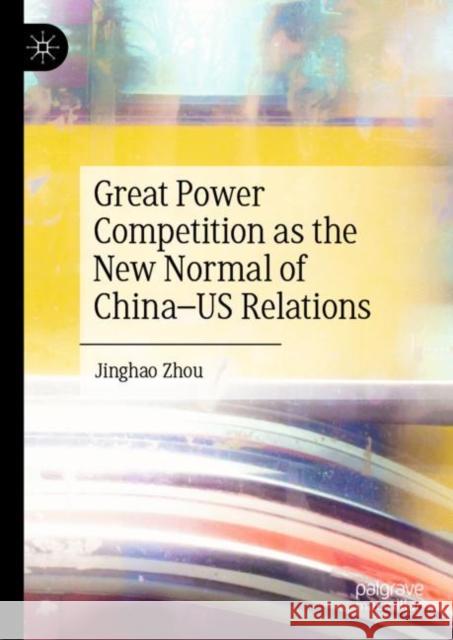Great Power Competition as the New Normal of China-Us Relations » książka
topmenu
Great Power Competition as the New Normal of China-Us Relations
ISBN-13: 9783031094125 / Angielski / Twarda / 2022 / 194 str.
Great Power Competition as the New Normal of China-Us Relations
ISBN-13: 9783031094125 / Angielski / Twarda / 2022 / 194 str.
cena 221,37
(netto: 210,83 VAT: 5%)
Najniższa cena z 30 dni: 192,74
(netto: 210,83 VAT: 5%)
Najniższa cena z 30 dni: 192,74
Termin realizacji zamówienia:
ok. 16-18 dni roboczych.
ok. 16-18 dni roboczych.
Darmowa dostawa!
Kategorie BISAC:
Wydawca:
Springer International Publishing AG
Język:
Angielski
ISBN-13:
9783031094125
Rok wydania:
2022
Ilość stron:
194
Wymiary:
21.0 x 14.8
Oprawa:
Twarda
Dodatkowe informacje:
Wydanie ilustrowane











